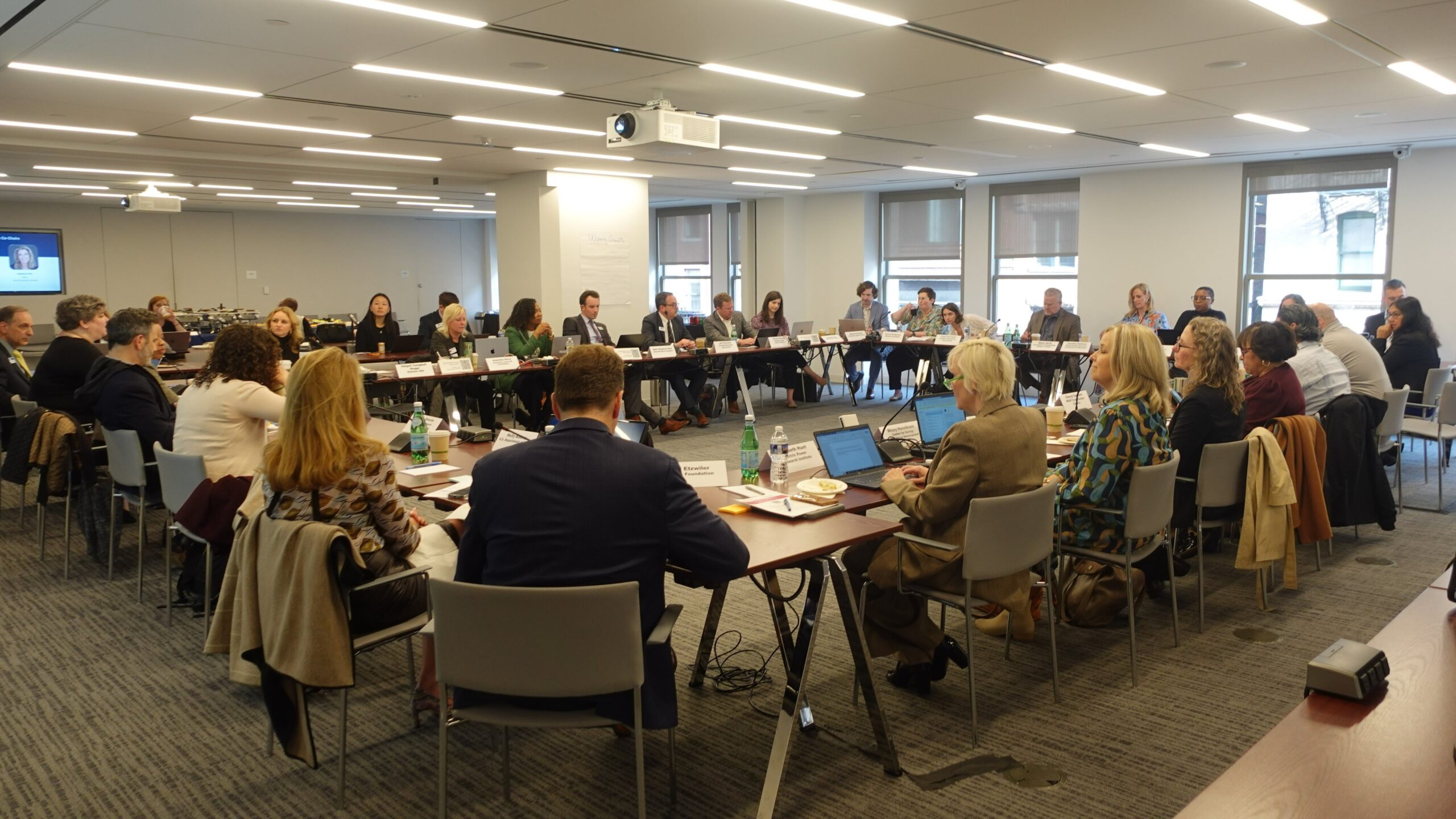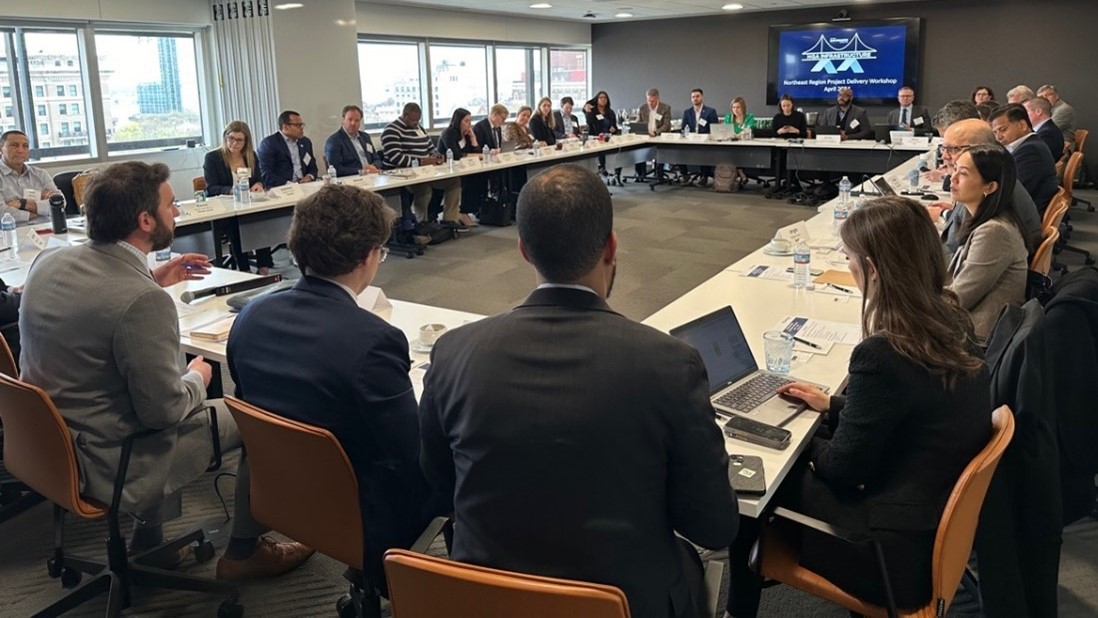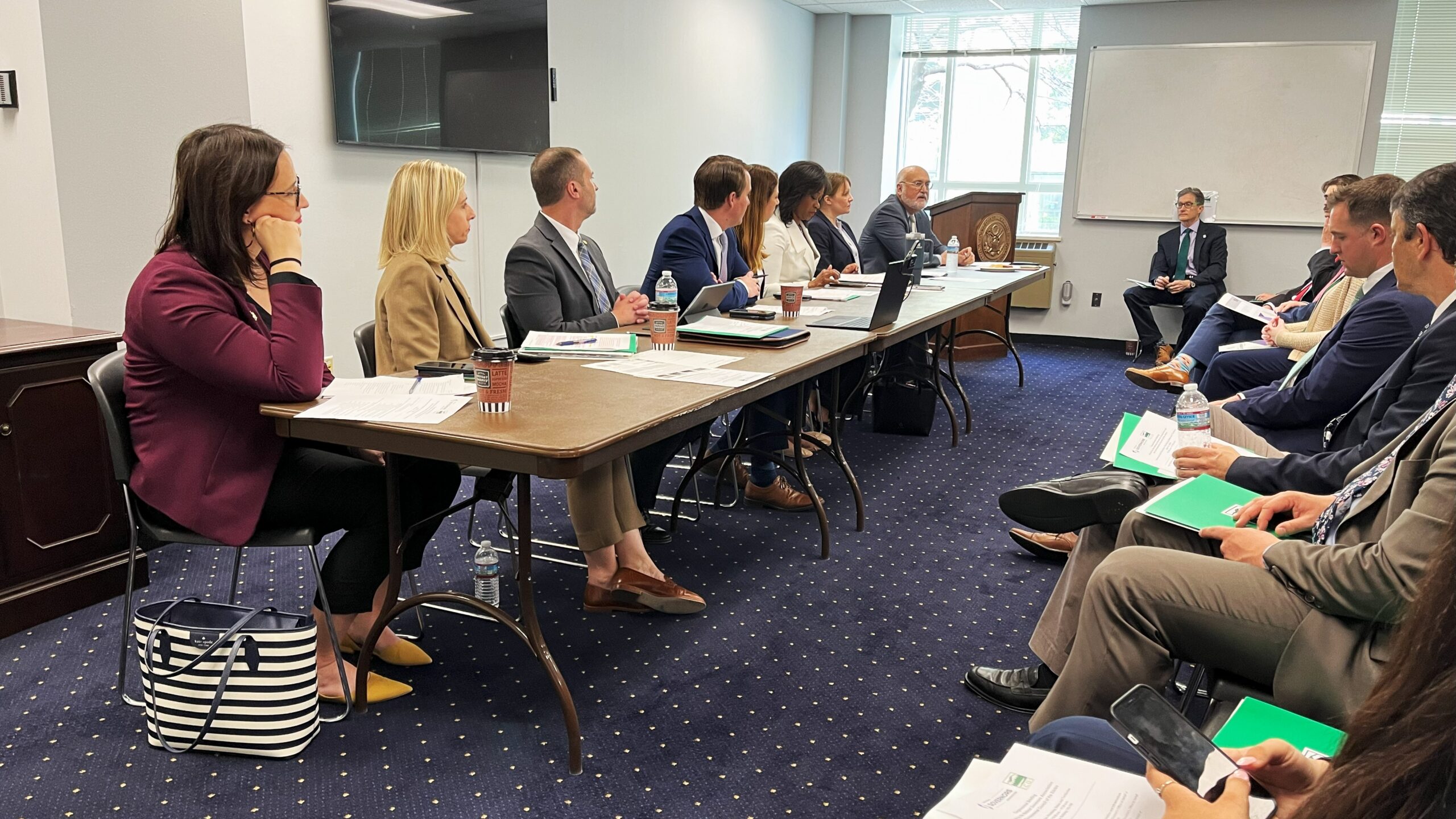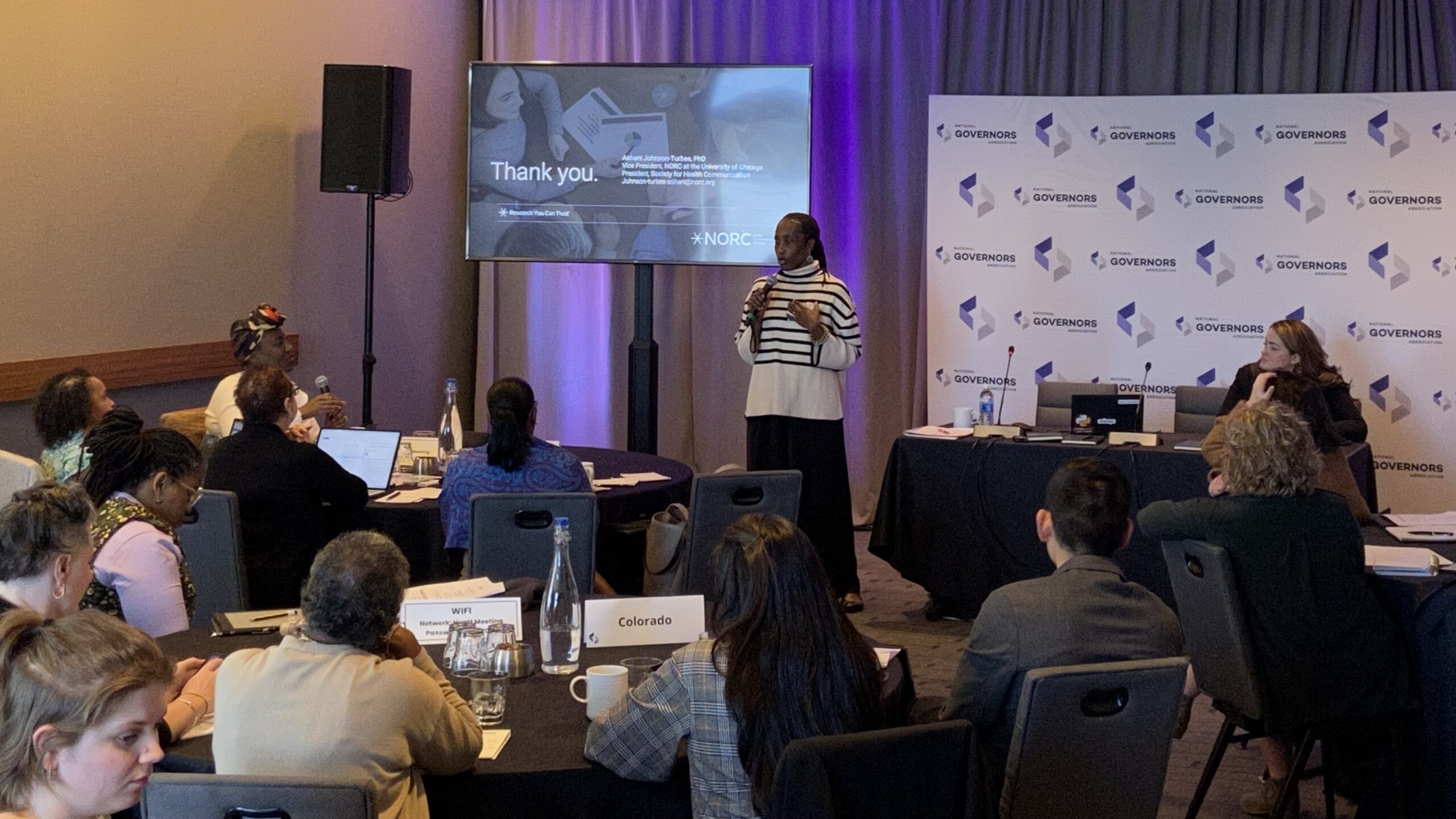NGA defines resilience as the ability to withstand disasters better, respond and recover more quickly, and excel under new conditions.
Governors increasingly face a host of human and natural disasters that threaten the viability of energy, water, transportation and other infrastructure assets that are critical to our way of life. Those disasters include severe storms, wildfires, droughts, inland flooding as well as diverse terrorism and cyber threats and chronic stressors such as poverty, disease, hunger, and violence. The impacts of these threats can be measured economically.
Incorporating resilience into emergency planning, infrastructure systems, and the built environment presents the opportunity to reduce vulnerabilities to future threats, mitigate the impacts of disasters, and lower the cost and effort needed to respond to and recover from disasters.
Resources
WASHINGTON—The National Governors Association today announced that it will work with Idaho, Maryland and Oregon to test its forthcoming State Resilience Assessment and Planning Tool (SRAP Tool) and identify best practices in adapting to, withstanding ...
January 31, 2018 | Portland, OR With the increased prevalence of large-scale natural disasters and the threat of a future Cascadia Subduction Zone earthquake and tsunami, regional energy resilience coordination ...

National Governors Association Chair Virginia Gov. Terry McAuliffe kicked off the 2017 NGA Summer Meeting in Providence, Rhode Island, with a discussion on how states continue to develop strategies to ...
May 5, 2017 | Newport, OR Oregon, in partnership with the National Governors Association Center for Best Practices (NGA Center), is working on a year-and-a-half long initiative to identify and ...
January 25-26, 2017 | Washington, DC The National Governors Association Center for Best Practices (NGA Center) hosted an experts roundtable to discuss key issues in state resiliency efforts and help ...
The report highlights actions governors can take to better prepare their state for a potential prolonged and widespread electrical power outage. (Download) Executive Summary The electrical power grid is the ...
Governors have a critical responsibility to help their states prepare for and respond to natural or humanmade disasters. This responsibility includes ensuring that the supply and distribution of energy are ...
WASHINGTON—Governors are often on the front lines of responding to natural or human-made disasters, and they also play an integral role in emergency preparedness. That includes ensuring energy supply and ...
The National Governors Association Center for Best Practices (NGA Center) hosted a webinar on microgrids for critical asset resiliency. This webinar featured state peers discussing successful programs that have deployed ...
WASHINGTON, D.C. – States across the country are confronting a shift to a “peakier” pattern in the use of electricity—meaning the highest levels of daily demand are increasingly greater than the average ...













